Select a country
- Global Coordinator
- Regional Coordinator
- Africa
- Algeria
- Angola
- Benin
- Botswana
- Burkina Faso
- Burundi
- Cameroon
- Cape Verde
- Central African Republic
- Djibouti
- Egypt
- Eswatini
- Ethiopia
- Gabon
- Gambia
- Ghana
- Guinea Conakry
- Ivory Coast
- Kenya
- Lesotho
- Lybia
- Madagascar
- Malawi
- Mali
- Mauritania
- Mauritius
- Morocco
- Mozambique
- Namibia
- Niger
- Nigeria
- Rwanda
- São Tomé and Príncipe
- Senegal
- Sierra Leone
- South Africa
- South Sudan
- Sudan
- Tanzania
- Togo
- Tunisia
- Uganda
- Zambia
- Zimbabwe
- All Countries
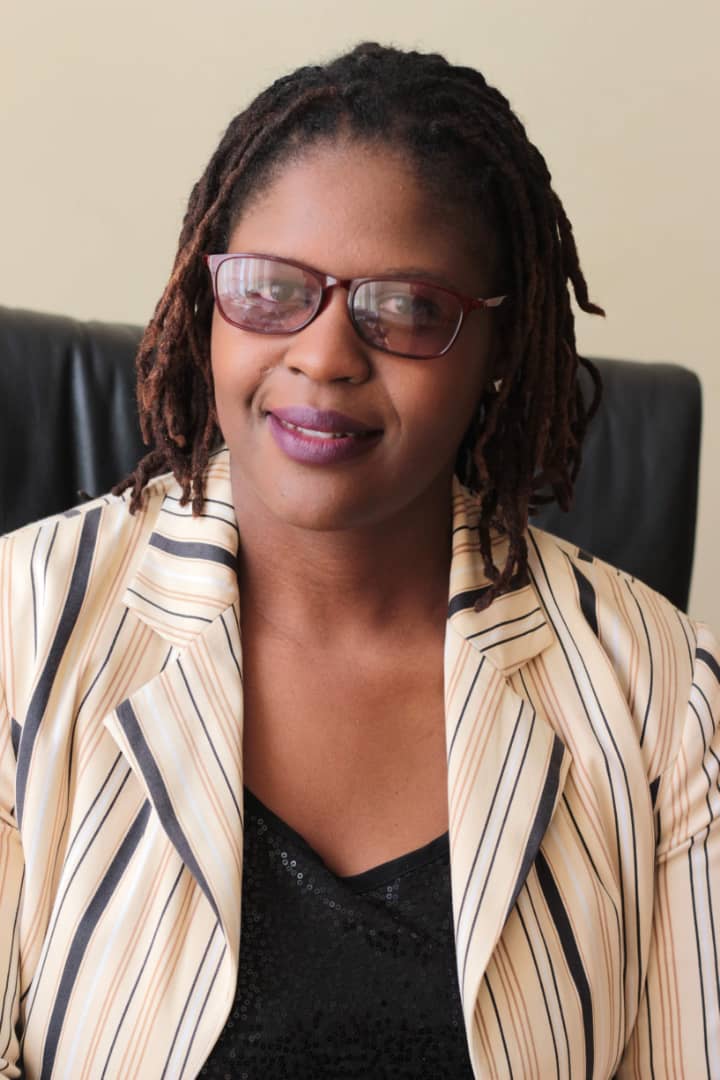
- Vickie Ngono
- Founder & Executive Director of Girls In STEM Trust
- Zimbabwe

Victoria Ngono is the Founder & Executive Director of Girls In STEM Trust in Zimbabwe, an education non-profit organisation geared towards educating, empowering and enriching the lives of young women and girls to take up STEM studies, occupations and business enterprises.
Victoria is an ICT Professional and Women In ICT Advocate with a career spanning over ten years, specialising in Digital Transformation. She is a certified ICT and Digital Skills Trainer, Speaker and Mentor passionate about providing deliberate interventions around Social and Business Entrepreneurship for women.
Victoria is the Lead Africa Code Week Country Ambassador for Zimbabwe, an Africa Code Week Women’s Empowerment Programme 2020/2021 Facilitator and Graduate as well as a Women in Technology Network Global Ambassador. She is an Associate Member of the Computer Society of Zimbabwe, where she has served in the Chapter Executive, steering the ICT Education portfolio and being part of the organising team spearheading Tech Conferences and Events across the country.
Working in various leadership capacities with different organisations in Africa, Victoria aims to conscientise young female Africans on the benefits of Digital Literacy in relation to all facets of STEM. With her work cutting across all spheres of her immediate community and beyond, she focuses on working with corporate stakeholders to have a fuller share in impacting the lives of women and girls; ensuring that they feed into the workforce talent pipeline to achieve and sustain successful economic participation.
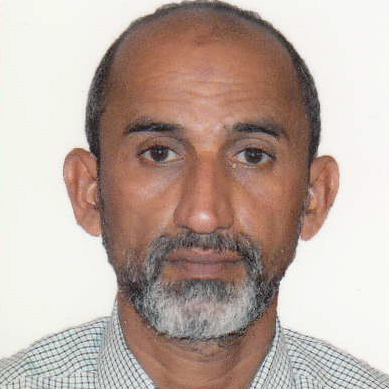
- Abdourahman Ahmed Abdo
- Directeur de l’informatique au Ministère de l’éducation nationale,
- Djibouti

Abdourahman est également Proviseur du lycée d’Etat de Djibouti (établissement affilié à l’AEFE) et spécialiste des logiciels de gestion des établissements. Ancien professeur de Sciences physiques et diplômé d’une Maitrise de Sciences physique obtenu à l’université de Poitiers, il se passionne pour l'éducation des jeunes à l'heure du numérique afin de bien les préparer aux enjeux de l'économie mondiale du savoir. En 2017, Abdourahman a orchestré l'organisation des formations de formateurs pour des promotions entières d'enseignants, tous aussi pressés que lui de faire du code le 4ème pilier de l'éducation fondamentale à Djibouti.

- Aina Anjary Fenomamy
- Engineer and Tech Lover
- Madagascar

Aina is currently working as an Engineer in Antananarivo, Madagascar. She has a particular interest for the open source community and Internet technology and as a true lover of coding, she enjoys sharing her passion with her community. She is delighted to be able to get more young people engaged around coding through the Africa Code Week initiative.
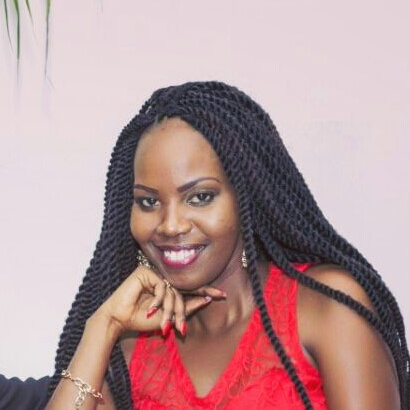
- Natacha Nduwimana
- CEO and Co-founder of BiHUB
- Burundi

Co-founded and run by Natacha, BiHUB is the very first Techpreneur Hub in Burundi, bringing together young talents in an environment conducive to innovation through capacity building, collaboration, networking, entrepreneurship culture and a sense of service to society. Prior to BiHUB, Natacha spent over 14 years working with global organizations in South Africa, Canada and Burundi. Passionate about women and youth empowerment and a philanthropist at heart, she was nominated in the Top 20 women entrepreneurs who are spearheading a new entrepreneurial spirit in Rwanda in 2016. Natacha also founded a non-profit organization (AJEJI) which supports vulnerable women and children in Burundi. Her mission in life is to be a ray of hope for her community...and according to many, she is already.
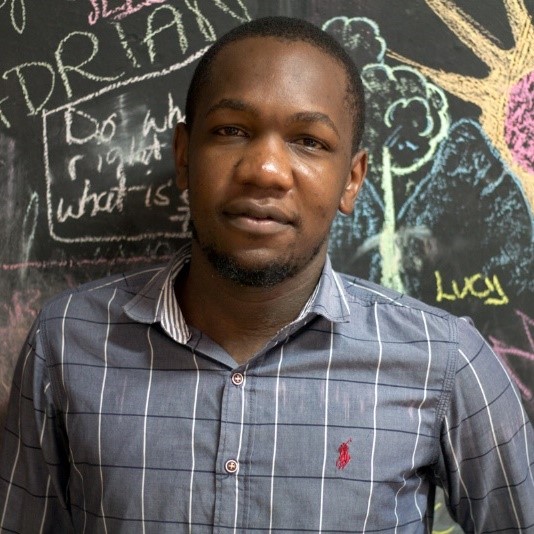
- Daniel Mvalo
- Technical Manager for mHub
- Malawi

Daniel currently serves as Technical Manager for mHub, overseeing the Children’s Coding Club as well as training in basic programming skills as part of the Girls for Code initiative. His skills and ever-growing interest in mobile technologies fuels his eagerness to see how far technology can go.
Daniel has an advanced diploma in ICT and is now in his final year pursuing a Bachelor of Information and Technology. He is also conversant with various programming languages such as Java, C++, Scratch and MIT App Inventor.
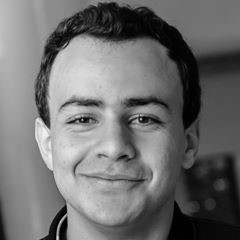
- Mohamed Dhia Eddine Chelly
- Computer Science Engineering Student at ENICarthage
- Tunisia

Currently completing his Computer Science degree at ENI in Carthage, Mohamed is a member of several organizations involved in coding and social entrepreneurship. He hosts regular coding workshops for children using Scratch and Kodu as playful learning platforms.

